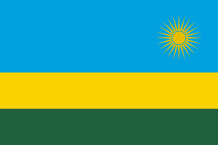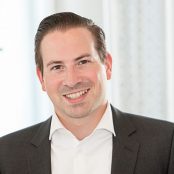Rwanda: Developing and implementing a smart cities innovation programme

project description
This project implemented the Smart Cities Accelerator Programme (SCIP), an 11-month initiative under GIZ and Make-IT in Africa, to support 30 promising African startups in smart mobility, smart housing, and fintech. Based in Rwanda, a leader in smart city promotion, the programme used Kigali as a testing ground, with Green City Kigali providing pilot opportunities and stakeholder feedback.
Luvent Consulting managed all phases, including startup selection, a 10-day bootcamp, acceleration activities, demo days, and follow-up. Startups, registered in Africa with gender-balanced teams, engaged with international corporates, venture capital, SMEs, and NGOs to share expertise and secure cooperation agreements. The hybrid delivery model involved over 50 experts and a communication strategy that reached 100,000+ views.
Mentors and short-term experts provided tailored coaching on business development, design, investment readiness, and marketing, ensuring impactful partnerships and scalable innovation.
services provided
- Conducted an open call that attracted approximately 300 applications (100 per track). From these, 30 start-ups per track were shortlisted, and 20 per track were interviewed via Skype or MS Teams using a standardised evaluation form.
- Organised a 10-day on-site boot camp in Rwanda for all selected start-ups, identifying individual cooperation opportunities with international companies and organisations.
- Provided ongoing coaching and support for each selected start-up.
- Managed the accelerator’s methodology, agenda, and planning.
- Organised a 5-day event in Kigali with potential cooperation partners and investors.
- Facilitated coaching, networking with export partners, and partnership opportunities during the follow-up phase.
- Managed webinars, advertisements, blog posts, and social media campaigns.
- Oversaw arrangements for online and in-person meetings and events.
- Coordinated with stakeholders to expand collaboration opportunities.
- Conducted project monitoring, evaluation, and reporting activities.


